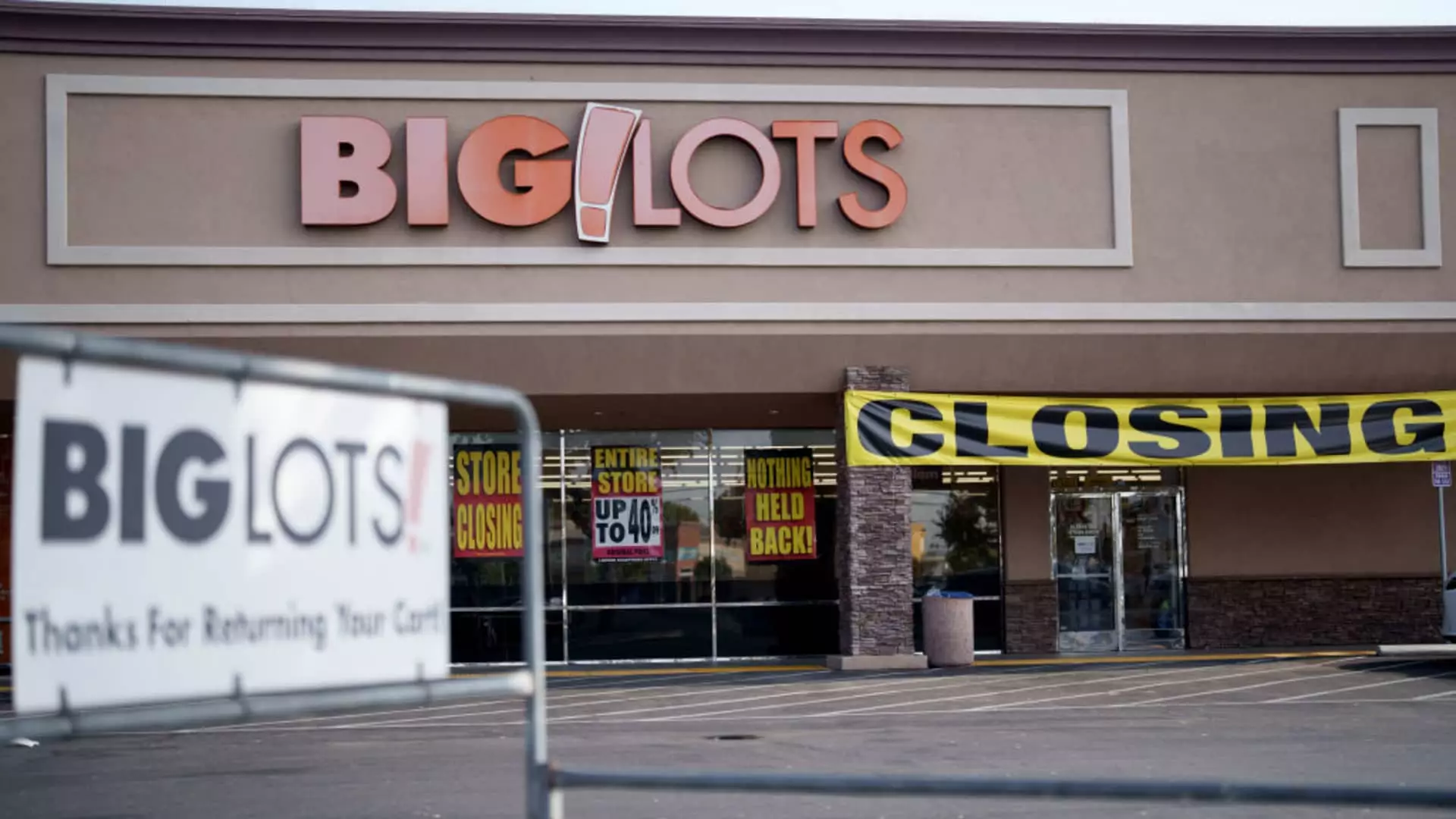Big Lots, a discount retailer specializing in home goods, recently filed for bankruptcy as a result of high interest rates and a sluggish housing market. The company’s revenue has been on a downward trend, with sales dropping significantly after the pandemic-induced demand for home furnishings decreased. This decline in demand has led to Big Lots agreeing to sell its business to private equity firm Nexus Capital Management for $760 million in an attempt to stabilize its operations. However, the question remains whether this acquisition will truly revive the struggling retailer.
One of the main issues plaguing Big Lots is its inability to effectively differentiate itself from other discount retailers in the market. Competitors such as Wayfair, Walmart, and TJX Cos.’ Home Goods offer similar products at competitive prices, making it difficult for Big Lots to stand out. Additionally, the company has been criticized for its lackluster assortment of products, with many items being perceived as low-quality and overpriced. This, combined with a disorganized store layout, has created a subpar shopping experience for customers.
In addition to internal challenges, Big Lots has also been impacted by external macroeconomic factors such as high inflation and interest rates. These conditions have put pressure on the purchasing power of the retailer’s core customer base, leading to a decline in consumer spending on discretionary home goods. As a result, Big Lots has struggled to maintain its revenue stream and stay afloat in a highly competitive retail landscape.
Despite the tough road ahead, CEO Bruce Thorn remains optimistic about the company’s prospects under new ownership. With a plan to close nearly 300 stores and streamline operations, Big Lots aims to reduce costs and improve its financial standing. However, the success of these efforts remains uncertain, especially given the challenges posed by the current economic environment and intense competition in the retail industry.
Big Lots’ bankruptcy filing serves as a stark reminder of the volatile nature of the retail sector. As the company navigates through this tumultuous period, it will need to address its operational shortcomings, adapt to changing consumer preferences, and find innovative ways to reposition itself in the market. Whether Big Lots can rise from the ashes and reclaim its status as a leading discount retailer remains to be seen. Only time will tell if the company can overcome its current challenges and emerge stronger on the other side.

